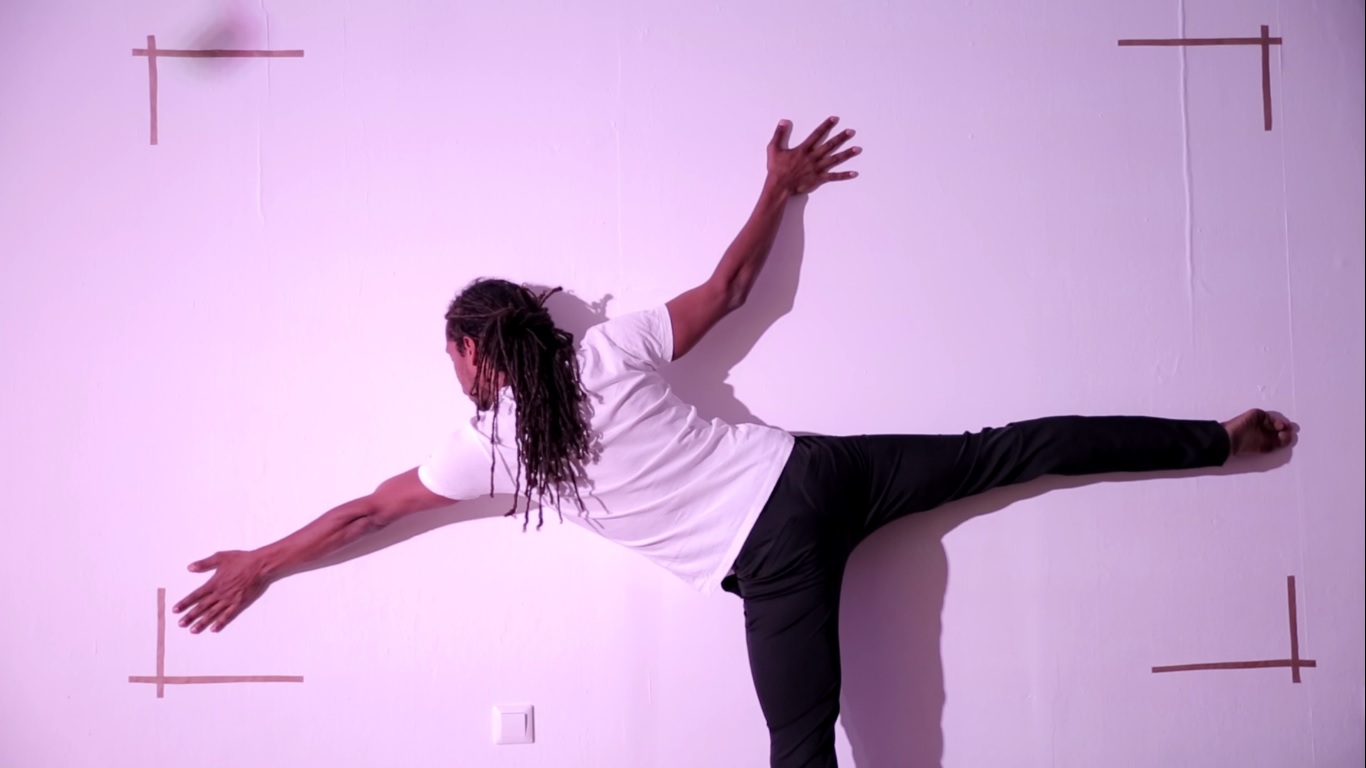Norbert Lange writing to Mathias Traxler about ‘Haut-Parleurs’, a literary event which was conceived and presented by both Harald Muenz and Mathias Traxler in the Lettrétage on the 23th February 2017 as part of the ‘CONT_TEXT’ project.
Translation: Alice Bibbings
7/3/2017
Dear Mathias,
That was a great reunion! And also a lovely opportunity to refresh the themes that we often come back to in our conversations together. The right word to describe the Robin Blaser’s way with words occurred to me afterwards on the way home. It wasn’t ‘elegance’ that I was thinking of and that I first tried to explain to you, even though that is most certainly a characteristic of Blaser’s poetry; rather, the word I was looking for was ‘attentiveness’. I like to think that you can hear just how much or how little room poets give words in their poetry. When I listen to Blaser (and I had the same impression when listening to Harald Muenz and yourself) I can sense that a certain attention has been paid to the words that allows them to really express themselves. It shows that the words have be treated with real care, as you become aware of just how sensitive they are and equally of the wrath that they can unleash if they are not handled properly. Sensitivity and fragility are not synonymous, after all.








